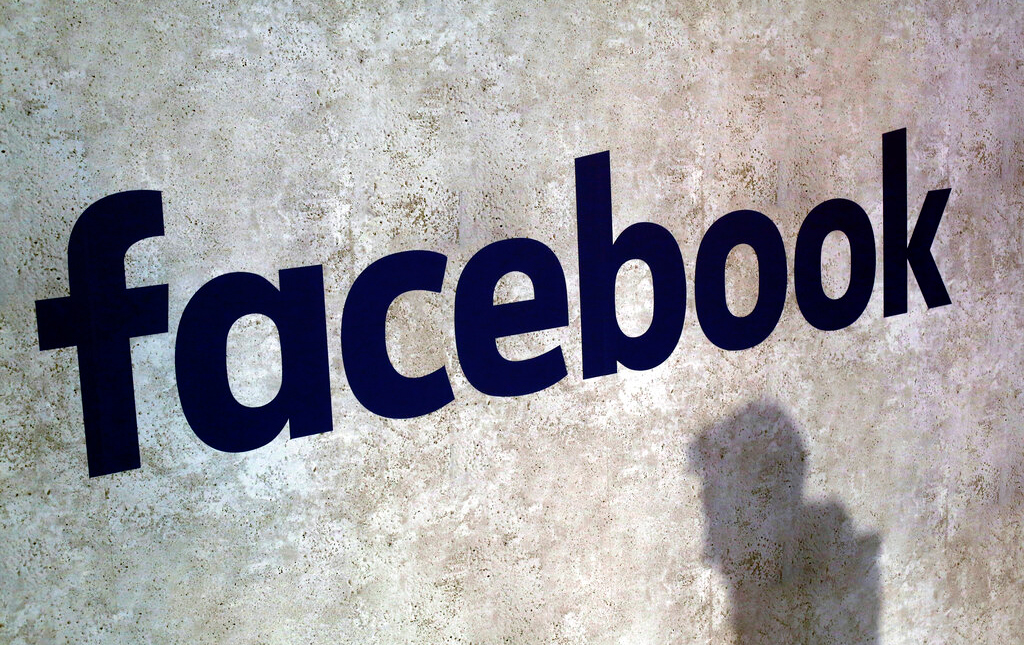Facebook said on Thursday that it would not make any major changes to its political advertising policies, which allow lies in ads, despite pressure from lawmakers who say the company is abdicating responsibility for what appears on its platform.
The decision, which company executives had telegraphed in recent months, is likely to harden criticism of Facebook’s political ad practices heading into this year’s presidential election.
The company also said it would not end so-called microtargeting for political ads, which lets campaigns home in on a sliver of Facebook’s users — a tactic that critics say is ideal for spreading divisive or misleading information.
Political advertising cuts to the heart of Facebook’s outsize role in society, and the company has found itself squeezed between liberal critics who want it to do a better job of policing its various social media platforms and conservatives who say their views are being unfairly muzzled.
The issue has raised important questions regarding how heavy a hand technology companies like Facebook — which also owns Instagram and WhatsApp — and Google should exert when deciding what types of political content they will and will not permit.
By maintaining a status quo, Facebook executives are essentially saying they are doing the best they can without government guidance and see little benefit to the company or the public in changing.
In a blog post, a company official echoed Facebook’s earlier calls for lawmakers to set firm rules.
“In the absence of regulation, Facebook and other companies are left to design their own policies,” Rob Leathern, Facebook’s director of product management overseeing the advertising integrity division, said in the post. “We have based ours on the principle that people should be able to hear from those who wish to lead them, warts and all, and that what they say should be scrutinised and debated in public.”
Other social media companies have decided otherwise, and some had hoped Facebook would quietly follow their lead.
In late October, Twitter’s chief executive, Jack Dorsey, banned all political advertising from his network, citing the challenges that novel digital systems present to civic discourse. Google quickly followed suit with limits on political ads across some of its properties, though narrower in scope.
Facebook’s hands-off ad policy has already allowed misleading advertisements. In October, a Facebook ad from the Trump campaign made false accusations about former Vice-President Joseph R. Biden Jr and his son Hunter Biden. The ad quickly went viral and was viewed by millions.
After the Biden campaign asked Facebook to take down the ad, the company refused.
“Our approach is grounded in Facebook’s fundamental belief in free expression, respect for the democratic process and the belief that, in mature democracies with a free press, political speech is already arguably the most scrutinised speech there is,” Facebook’s head of global elections policy, Katie Harbath, wrote in the letter to the Biden campaign.
In an attempt to provoke Facebook, Senator Elizabeth Warren’s presidential campaign ran an ad falsely claiming that the company’s chief executive, Mark Zuckerberg, was backing the re-election of Trump. Facebook did not take the ad down.
Criticism seemed to stiffen Zuckerberg’s resolve. Company officials said he and Sheryl Sandberg, Facebook’s president, had ultimately made the decision to stand firm.
In a strongly worded speech at Georgetown University in October, Zuckerberg said he believed in the power of unfettered speech, including in paid advertising, and did not want to be in the position to police what politicians could and could not say to constituents. Facebook’s users, he said, should be allowed to make those decisions for themselves.
“People having the power to express themselves at scale is a new kind of force in the world — a Fifth Estate alongside the other power structures of society,” he said.
Facebook officials have repeatedly said significant changes to its rules for political or issue ads could harm the ability of smaller, less well-funded organisations to raise money and organise across the network.
Instead of overhauling its policies, Facebook has made small tweaks.
Leathern said Facebook would add greater transparency features to its library of political advertising in the coming months, a resource for journalists and outside researchers to scrutinise the types of ads run by the campaigns.
Facebook also will add a feature that allows users to see fewer campaign and political issue ads in their news feeds, something the company has said many users have requested.
There was considerable debate inside Facebook about whether it should change.











